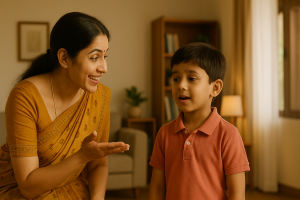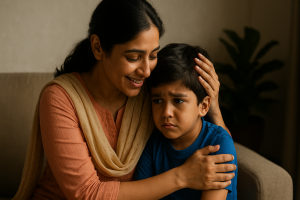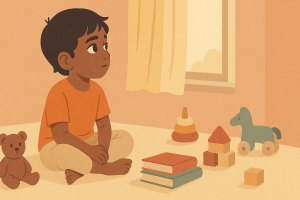Unlocking the Power of Flash Cards: Impact on Your Child’s Brain Development
Hey there! Have you ever wondered if flash cards are just a trendy learning tool or if they actually make a difference in your child’s development? We’re here to tell you—they absolutely do! Flash cards aren’t just colorful images or words on paper; they’re powerful tools that play a crucial role in child brain development. Let’s dive into how flash cards can help your little one grow smarter and more curious while keeping things fun and stress-free.
How Flash Cards Help in Brain Development
Think of flash cards as mini brain workouts. During those first few years, a child’s brain is developing rapidly, absorbing everything around them like a sponge. Flash cards tap into visual learning—which is the easiest way for young children to pick up new concepts.
1. Strengthening Memory Through Repetition
Ever noticed how kids love to hear the same stories over and over again? Flash cards work on a similar principle called spaced repetition. When your child sees or hears the same information multiple times, it sticks better. Over time, their brain creates stronger memory pathways, making it easier to recall information.
- Tip: Keep it light! A 5–10 minute flash card session each day works wonders without exhausting your little one.
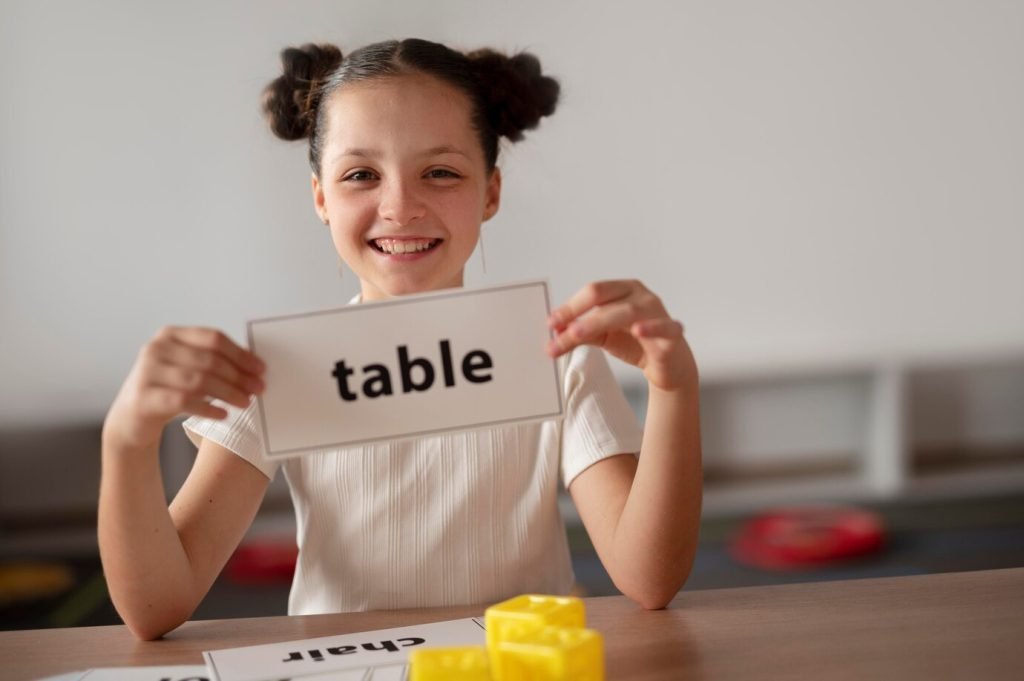
2. Building Visual Learning Skills
Kids are natural visual learners, especially at a young age. Flash cards help connect pictures with words, turning complex concepts into simple visual cues. For example, showing a picture of a cat along with the word “cat” reinforces both the name and the image in your child’s mind.
- Try This: Use themed cards—like animals, colors, or foods—so your child can explore different categories naturally.
3. Boosting Vocabulary and Language Skills
Did you know that the more words a child is exposed to early on, the better their language skills develop? Flash cards are a playful way to introduce new words and phrases. As you go through the cards, try saying the words out loud together. You’ll be surprised how quickly your child starts picking them up!
- Pro Tip: Ask fun questions while using the cards. If a card shows a dog, say, “What sound does the dog make?” This way, you spark conversation and build curiosity.
4. Encouraging Focus and Attention
Let’s be honest—keeping a toddler’s attention can feel like a magic trick. Flash cards help improve concentration by engaging your child’s mind for short bursts. With regular use, you’ll notice their attention span growing little by little.
- What Works: Start small with just a few cards, then gradually increase the number as your child gets the hang of it.
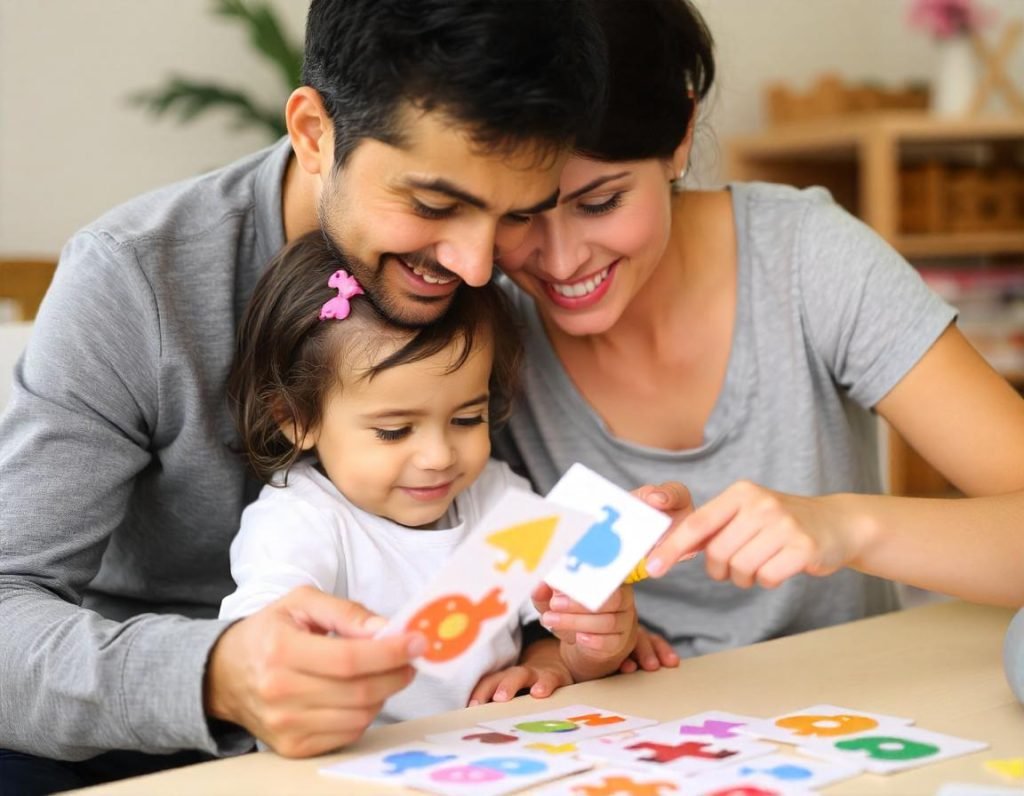
But Wait… Are Flash Cards Enough on Their Own?
As useful as they are, flash cards aren’t a magic solution for everything. Kids also need time to explore, play, and learn naturally. If flash cards are the only learning activity, your child could miss out on experiences that build creativity and motor skills.
- Balance Tip: Mix it up! Combine flash card sessions with other activities like storytelling, music, and outdoor play. (Hint: ParentingVeda.com offers lots of ideas on engaging activities that complement flash card learning!)
Simple Tips to Get the Most Out of Flash Cards
- Short and Sweet Sessions: Aim for 5–10 minutes a day to keep things fun.
- Celebrate Effort, Not Perfection: Encourage your child even if they don’t get every answer right.
- Follow Their Lead: If your child isn’t in the mood, it’s okay to skip a session—no pressure!
- Create Personalized Cards: Got a little dinosaur lover? Make DIY dino cards to grab their attention even more.
Wrapping It Up
So, there you have it – flash cards can definitely support your child’s memory, language, and focus. Just remember, balance is key. Flash cards should be part of your toolkit, not the whole kit. Use them as a way to bond, laugh, and learn together.
Ready to unlock even more of your child’s potential? Check out our programs on ParentingVeda.com for tools and techniques that will support every aspect of your child’s development!
Disclaimer: This blog is correct as per the writer’s knowledge. This is not medical guidance. Follow as you are responsible for.

